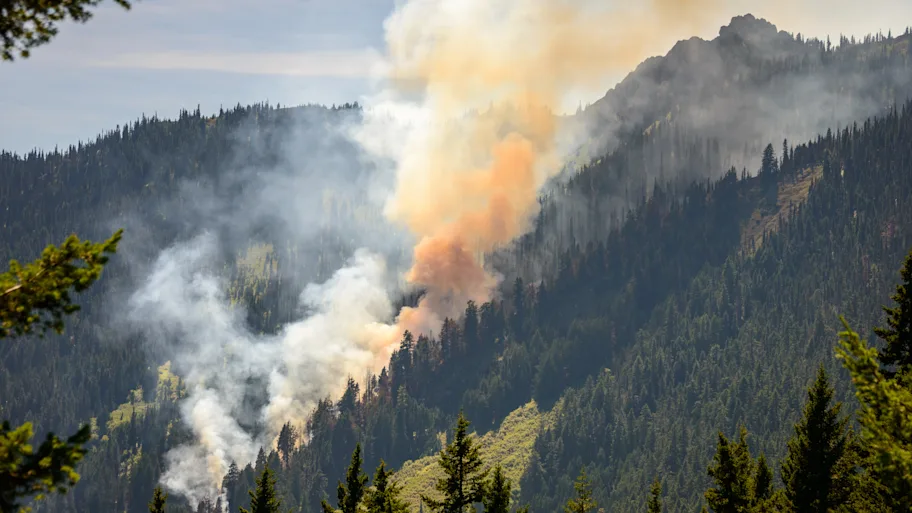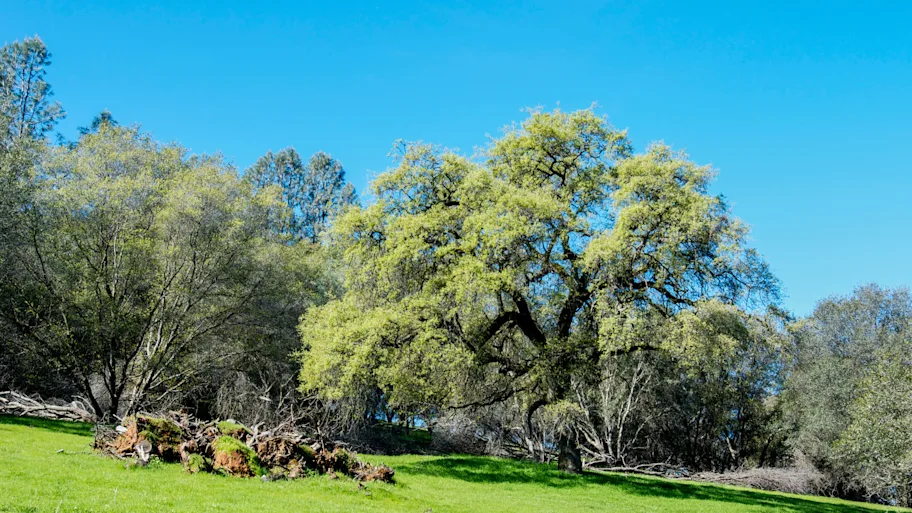
- Science news
- Climate action
- Flocking to fire: wildfires don’t deter Americans from moving to at-risk regions
Flocking to fire: wildfires don’t deter Americans from moving to at-risk regions
by Angharad Brewer Gillham, Frontiers science writer

Image/Shutterstock.com
Scientists investigated whether environmental hazards put people off moving to regions at risk and found that heatwaves and hurricanes deter newcomers, but wildfires don’t.
The climate crisis has caused humans to move both within their countries of origin and across borders. Although climate migration is often treated as a phenomenon of the ‘global south’, a team of scientists led by Mahalia Clark at the University of Vermont (UVM) turned the spotlight on the US. The US has experienced numerous destructive weather events recently, which have killed and injured many people and done billions of dollars of damage. But the team found that despite the death toll, more people are moving to areas in the United States that are at serious risk of wildfires.
“Our original motivation was the increasing number of headlines each year about record breaking heat waves, hurricanes, and wildfires,” said Clark, a researcher at UVM’s Gund Institute for Environment. “I had been studying natural amenities — features of the climate and environment that are attractive to movers — but I began to wonder if the threat of these hazards might have a deterring effect on migration.”
Download original article (pdf)
Homes in danger
Clark and her team created a dataset that combined census data from 2010-2020 with data on temperature, weather, landscape, demographic variables, and socioeconomic factors. They focused particularly on the availability of natural amenities, although they suspected that in metropolitan areas, these would be less influential. The data agreed: economic factors played a larger role in migration decisions around built-up areas than natural amenities.
Natural hazards affect different regions differently. This is particularly true for heatwaves, because dangerous temperatures depend on how acclimatized the population is and the availability of mitigations like air conditioning. However, the effects of natural hazards can be underestimated outside key areas. The authors found that people in the US moved away from areas with frequent hurricanes but towards areas with higher year-round temperatures and a higher wildfire risk.
“This suggests that people may be drawn to the very landscapes that are most prone to wildfires, which is concerning given that wildfires are expected to increase in frequency and intensity with climate change,” said Clark. “We also found increased migration into metropolitan areas with relatively hot summers, where heat will grow deadlier with climate change.”
Fireproofing for the future
Some risk is dependent on preparation and planning. Long-term residents may have acclimatized to local hazards, while newcomers may not be aware of or may have discounted the dangers. They may also have decided that the risk of wildfire is worth it to live somewhere desirable – or they may not be able to leave.
Clark and her team point out that their analysis is necessarily incomplete. The team could not include data on family ties, professional networks, housing values and the cost of living, which also play a part in migration. There is also no data yet on how the rise of remote work will affect people’s choices about where they live.
“I hope our work will increase people’s awareness of their exposure to wildfires,” said Clark. “Americans tend to think of wildfires as something affecting the west, but they are also a threat across large swaths of the south and even midwest. Our findings highlight the need for policymakers in affected areas to prioritize sufficient firefighting and fire prevention resources for a growing population, to increase public awareness and preparedness, and perhaps even to discourage new development in areas where fires are most likely or most difficult to fight.”
REPUBLISHING GUIDELINES: Open access and sharing research is part of Frontiers’ mission. Unless otherwise noted, you can republish articles posted in the Frontiers news site — as long as you include a link back to the original research. Selling the articles is not allowed.






